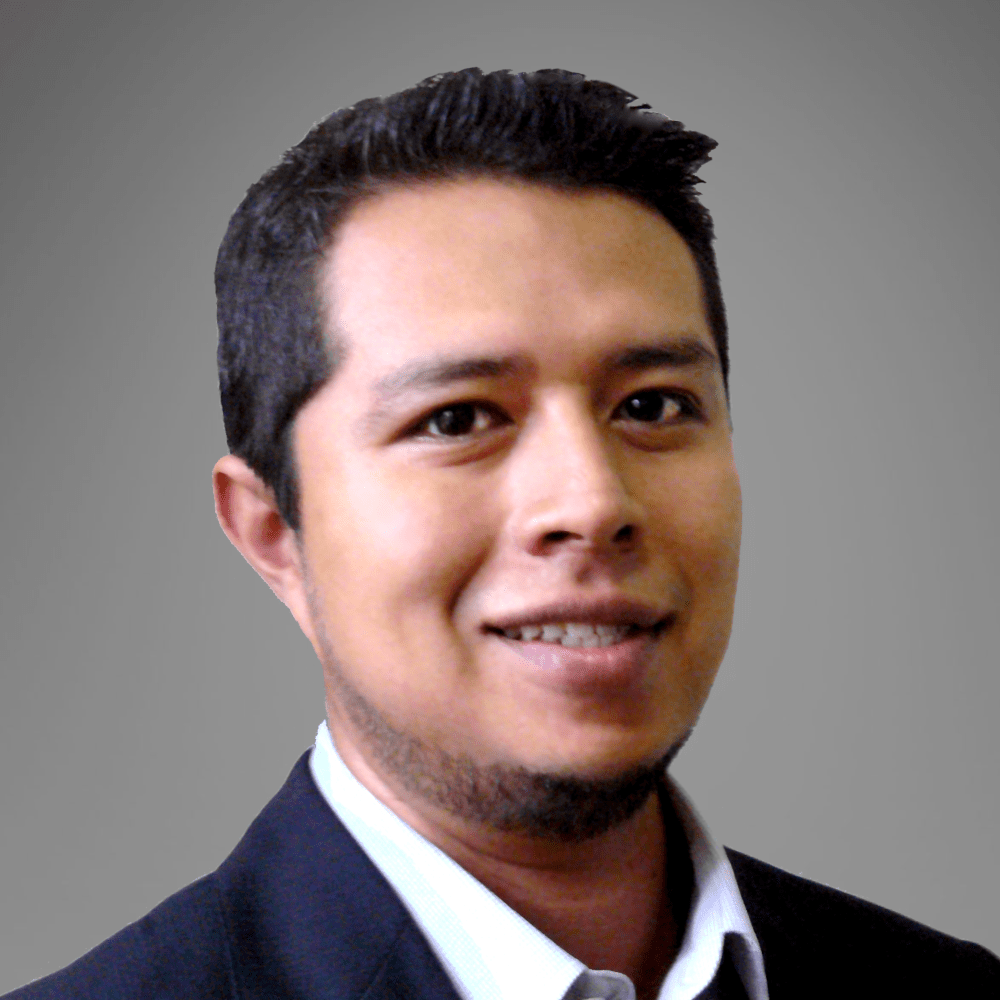
Orlando Trejo is B.Sc, M.Sc. in Electronics Engineering and PhD Candidate in Electrical Engineering.
Currently, he performs as instructor of online courses and digital learning adviser for Barbara Oakley, McMaster University and Coursera, leading the MOOCs Aprendiendo a Aprender and Mindshift (Spanish version). At the online education scene, he collaborates with EdTech initiatives such as ClassCentral and the MIT Teaching Systems Lab.
He is also the Vice Chair of the IEEE EDS/CAS/PELS Chapter Venezuela, and as professor from Universidad Simón Bolívar he teaches courses for students at the Electronics and Circuits Department. His research is oriented towards electrical engineering and online learning, and he is also fond of topics in neuroscience and cognitive behavior.
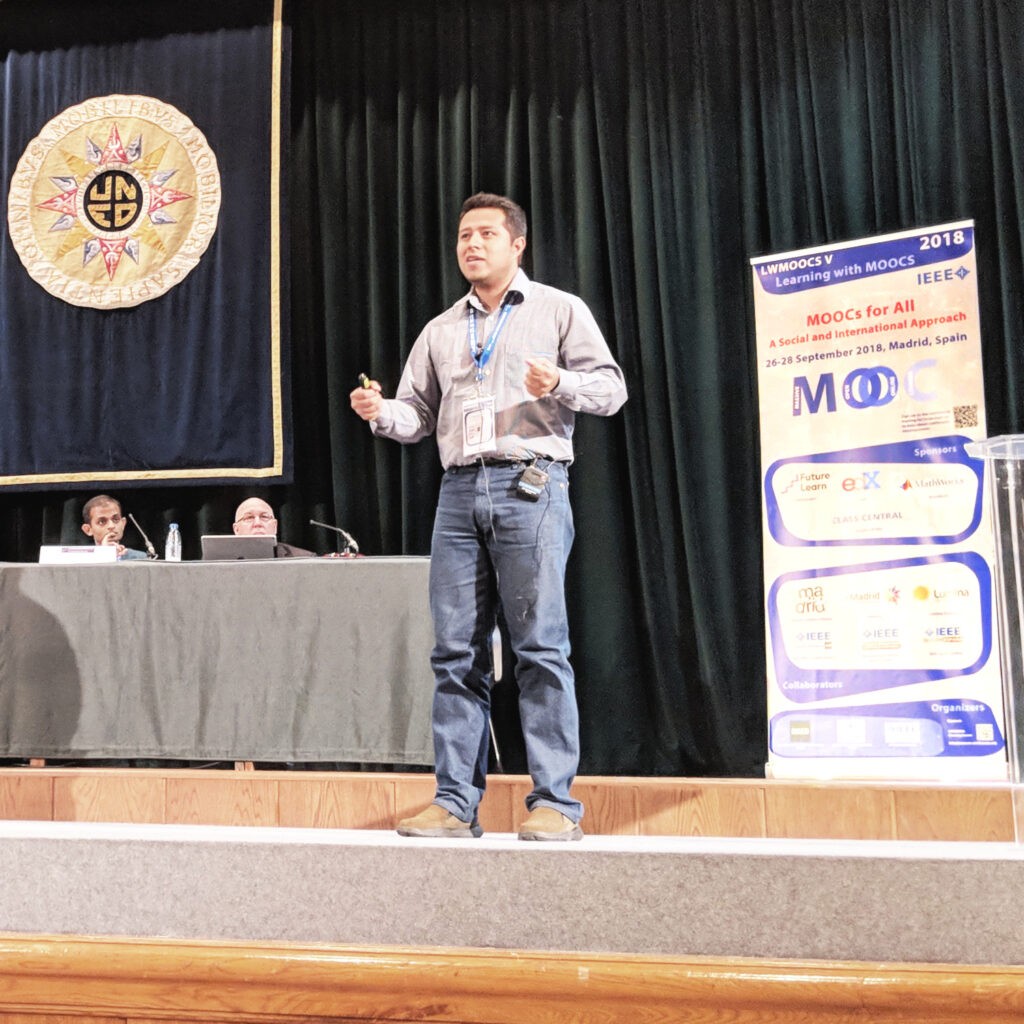

As an early adopter of Coursera and online learning—I completed my first MOOC back in 2012—I realized education was about to experiment a radical shift in the hands of technology. How could I, dweller of a troubled third world country such as Venezuela, be enrolled in the same online courses taught to Stanford graduates?
2012 was also the start year of my Master in Electronics Engineering and my academic career—both at Universidad Simón Bolívar in Venezuela. I decided to follow my master degree at home and complement my learning taking online courses from top institutions around the world—and also take as many MOOCs I could for the sake of fun!
The early days of MOOCs were an era of experiments, as many providers and institutions started off by providing free certificates, mentorships, and rigid-scheduled sessions. Since I knew for sure the business model of free certificates would not last forever, I engaged in a sort of online learning frenzy, getting many of the original Statement of Accomplishments and Honor Code Certificates, like these:
(Special mention to 2014’s «Introduction to Power Electronics» from UC Boulder, which was later broken into three separate courses. It took me several 9-week sessions to complete, back in the day of hardcore-level MOOCs. And a special thanks to Professor Robert Erickson, which I had the chance to know personally and visit at his Power Electronics lab at Boulder, where the magic happens!)
In my quest to learn more efficiently and take the best advantage of my online learning, in 2014 I stumbled upon the first edition of the well known MOOC «Learning How to Learn», with Barbara Oakley and Terrence Sewnojski. Those were days when I spent many hours daily at Coursera, as I was completely hooked discovering new worlds on each course I took. In this sense, Learning How to Learn meant to me a whole new world to discover and become part of.
Unknowingly, in my long hours trying to solve issues and looking information about possible tricks at the Coursera platform—plus my background as engineer and classroom teacher—I developed a sort of competence to overcome learning hurdles at the Coursera platform. I was always looking for ways to give something in return to the Coursera community, hence I assumed volunteer positions as community TA, mentor, beta tester and others—I was even invited to become part of a research for redesign of certificates back in 2015. This experience and eagerness to learn was instrumental when I joined the ranks of Learning How to Learn as Spanish Lead in late 2015.
Learning How to Learn was expanding at an accelerated pace, and it was recognized as the most popular course of 2015 and 2016. It received such acclaim by students from around the world that new language versions saw light: Portuguese in early 2015 and Spanish and Chinese in early 2016. I was humbled to be selected as Co-Instructor for the Spanish version. Since then, my online learning journey has been intertwined with «Aprendiendo a Aprender», at the role of instructor, marketer, support, strategist, data analyst—and lifelong student as well. This serendipitous journey led me to many places and collaborations with wonderful innovators in the world of education technology.
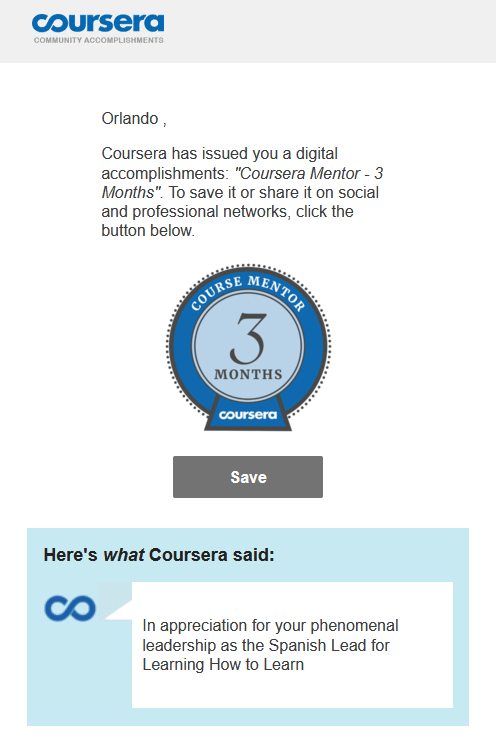

For my professional life, as well in my online learning and engineering career, I follow a personal motto:
«The only true reward for a job well done, is the opportunity to do more jobs done well».
The most rewarding gift I received from my participation at online learning initiatives was the possibility to connect with like-minded individuals with a shared passion for learning. Among such collaborations, I must highlight one particular team: ClassCentral, the main online education search engine, which I am very grateful to collaborate with, and find myself around more early adopters with shared values and high-mind goals.
I have had the privilege to attend meetings and conferences along team ClassCentral: Dhawal Shah (CEO and Founder), Manoel Cortes (a graduate from the first cohort of online Bachelor and Master at GaTech’s OMCS), Laurie Pickard (from no-pay MBA), and super MOOCer Ronnie de Winters:
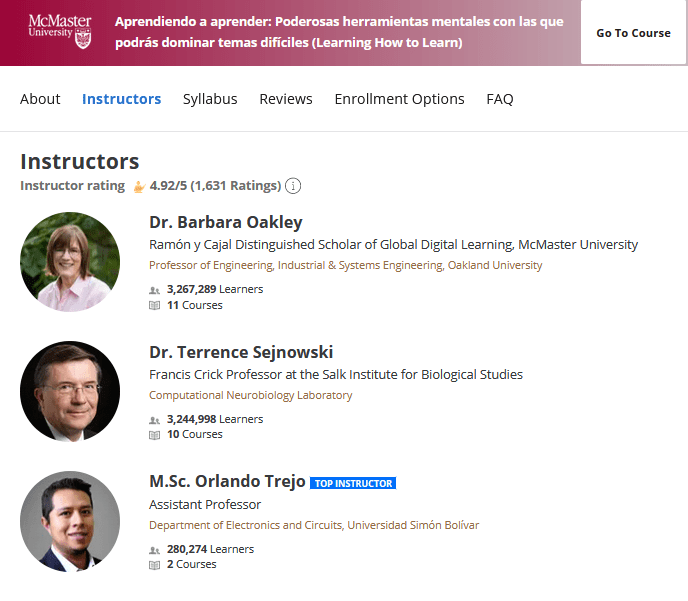

The COVID-19 pandemic has brought permanent changes in the online learning landscape, increasing overwhelmingly the demand in training of skills that enable people surf the waves of educational and professional uncertainty. In this sense, the archetypal stereotype of tech-savvy users learning through MOOCs as a hobby or a curiosity has morphed into a much more diversified profile: now we count as students people switching professional careers, school teachers, retirees looking for new professional openings, mothers in charge of the education of their children, and people whose only means of access to quality training is through MOOC platforms.
Additionally, as jobs and other realms of human activities go online—and the digital battle for attention intensifies—technology alone has proven to be ineffective addressing educational needs at different levels. One of such weak spots in online learning I had monitored and researched through the years is the mechanics of learning and teaching for non English-speaking students, especially from Latin America and Spain.
In my years of participation in Coursera and Learning How to Learn, I became acutely aware that the lessons about the inner mechanics of the brain should be considered basic knowledge and hence be presented to the largest amount of people in the best possible quality.
In this sense, as I constantly assess the best strategies to guide students—specially Spanish speaking students—I move along different initiatives to serve students in their learning. Among the current projects and future plans, I am focused currently on:
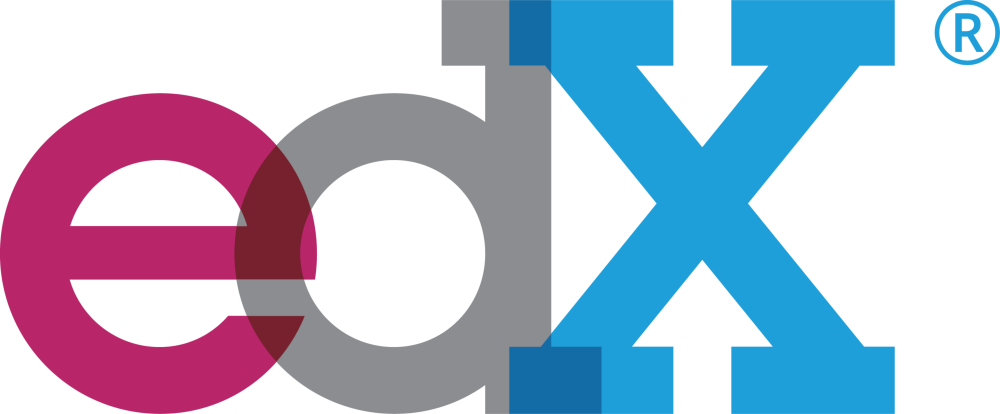



Upcoming New MOOCs about learning, in English and Spanish!
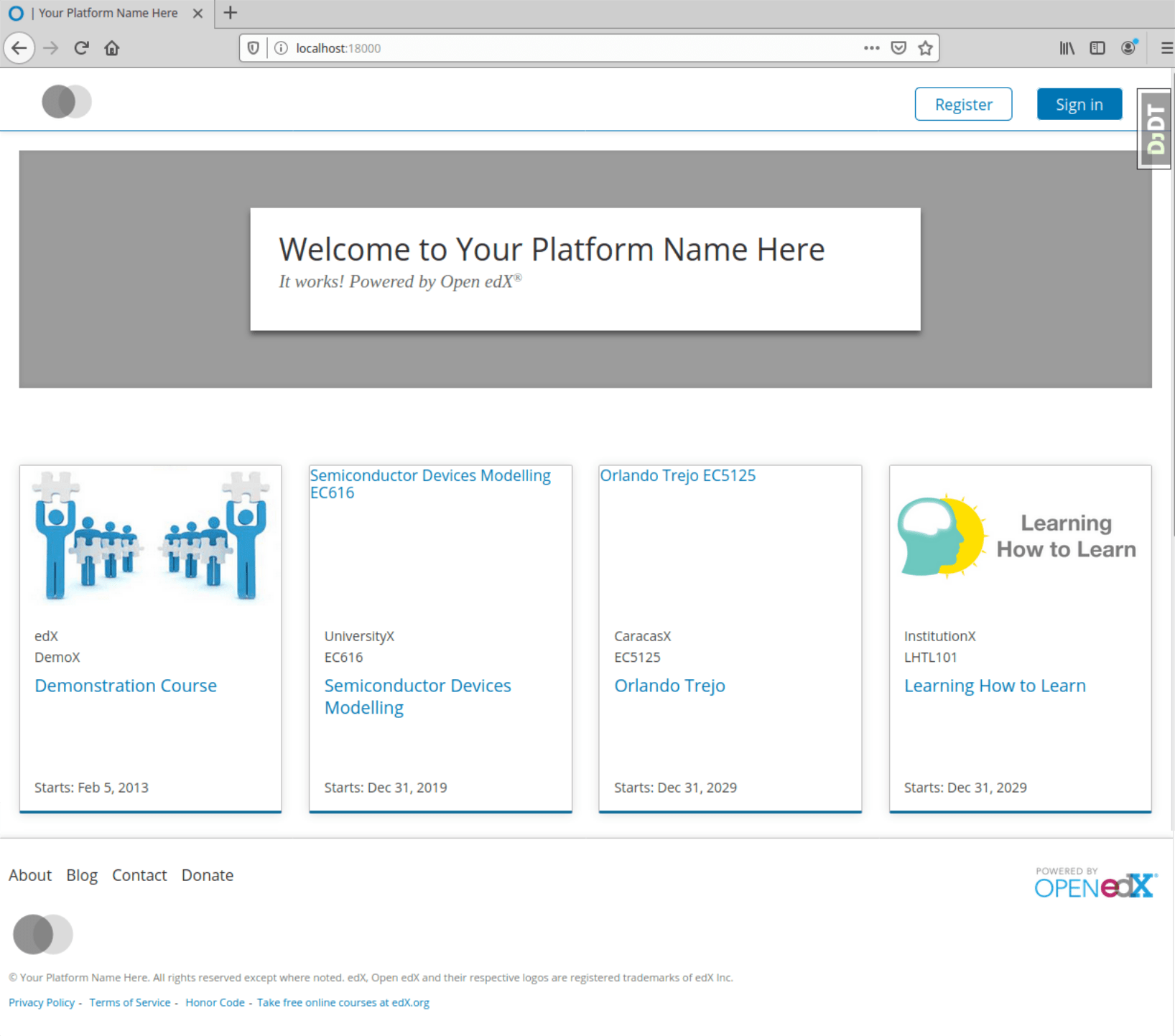

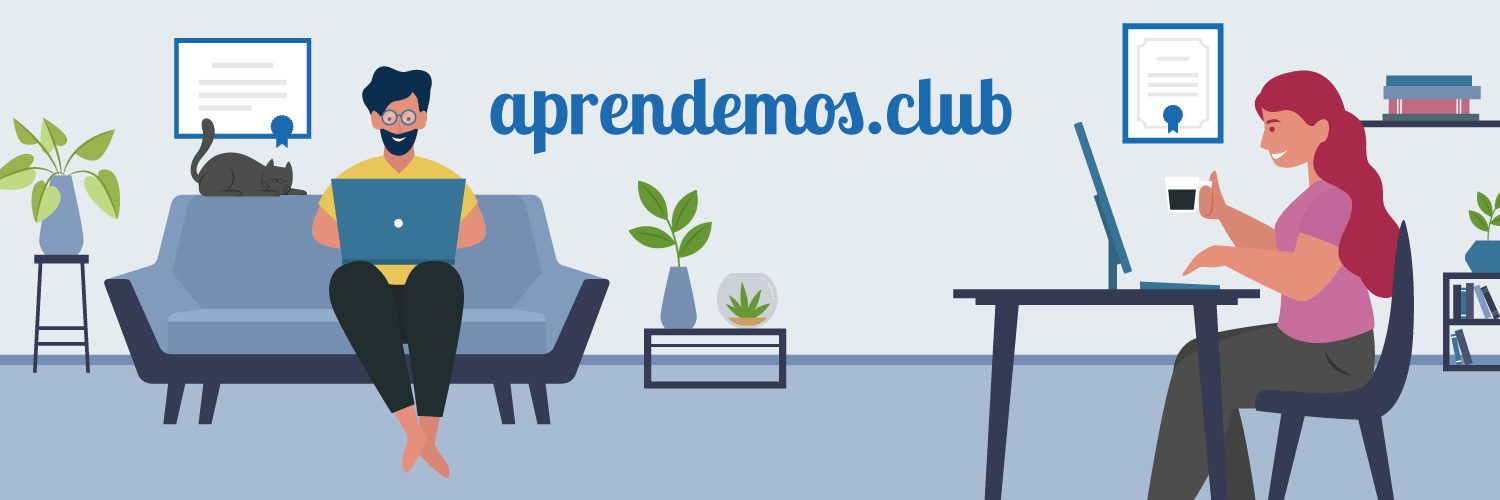

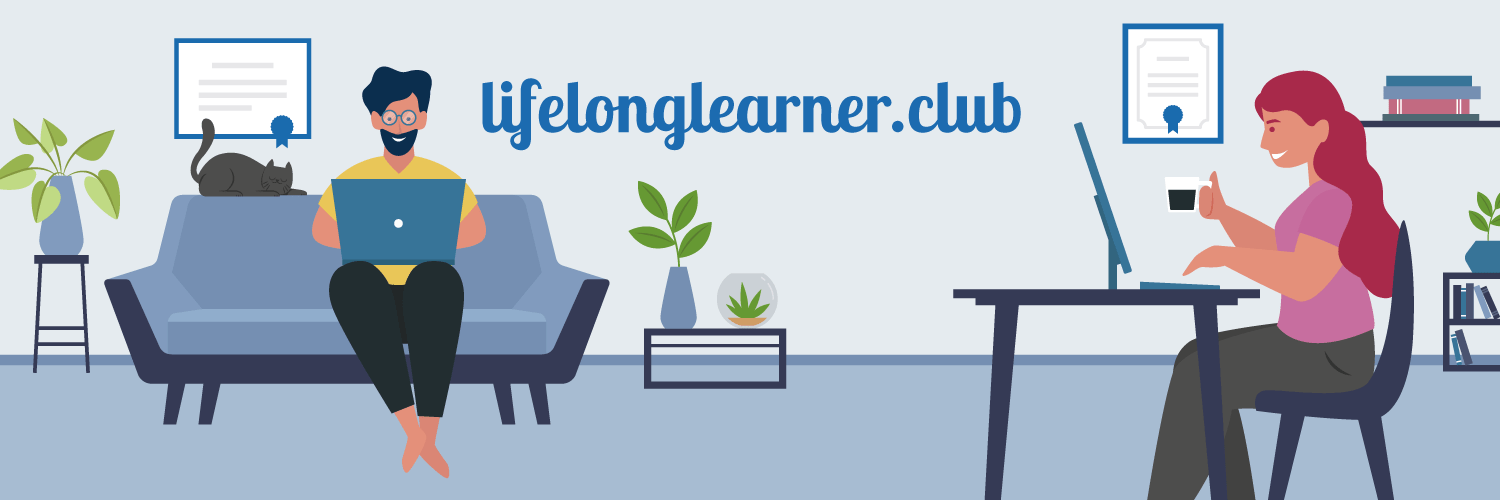

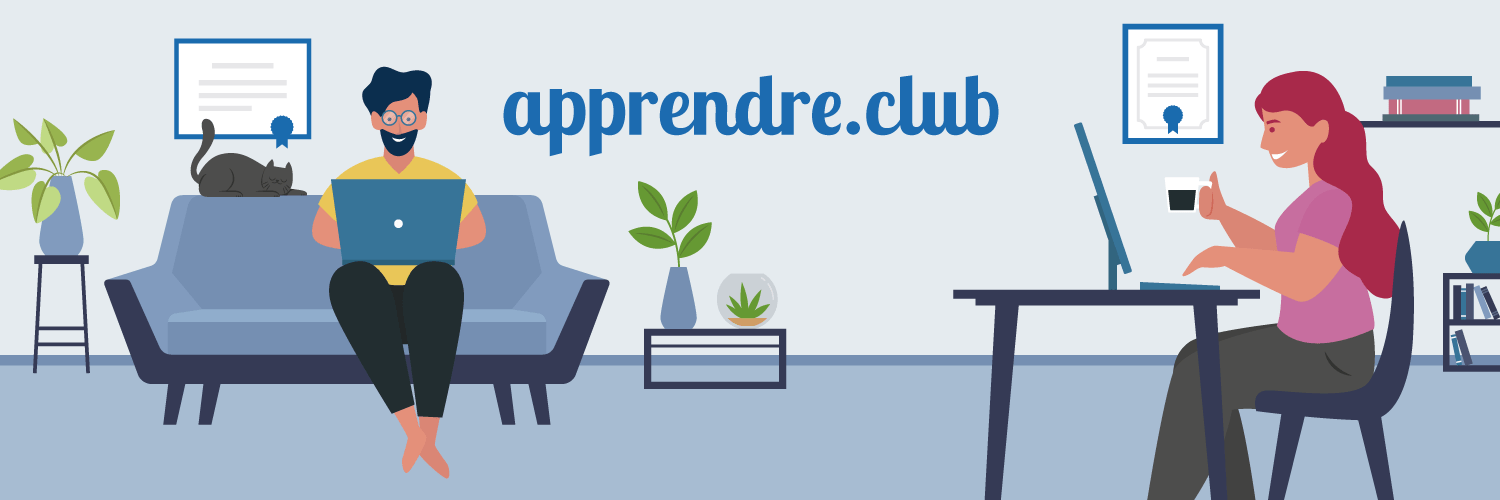

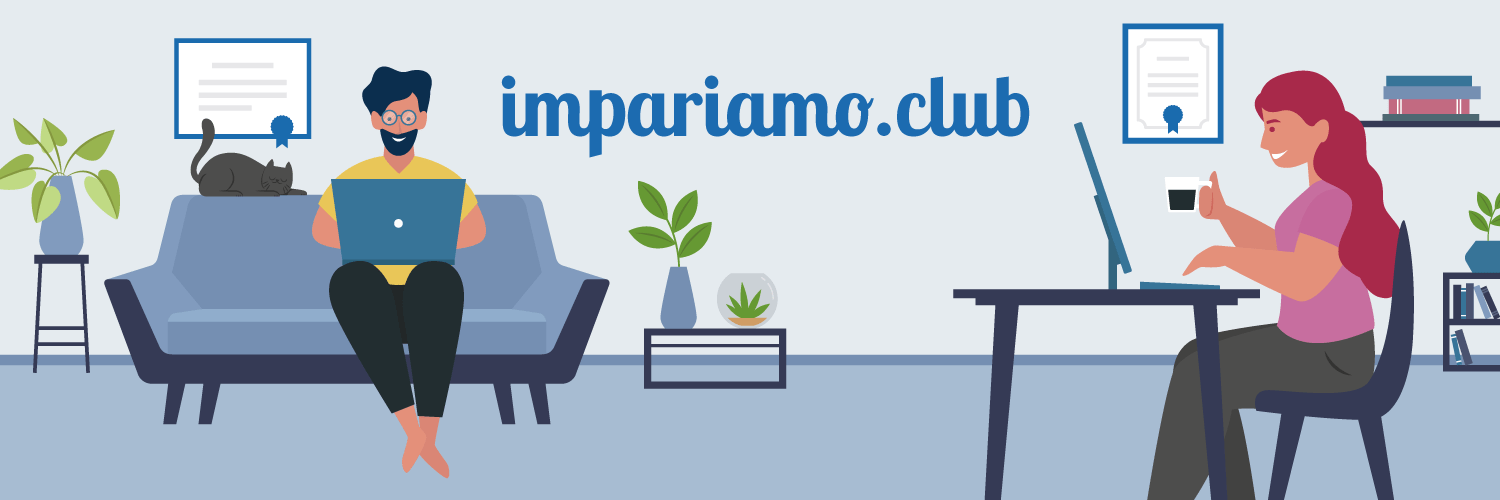

The Learning Clubs!